Pressure Balance or Thermostatic Valve?
mark_g
15 years ago
Related Stories
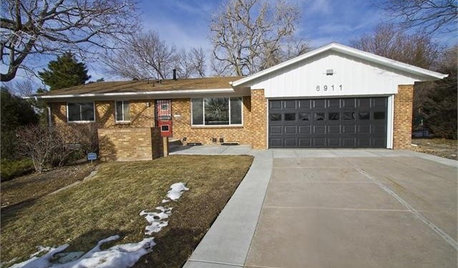
HOUZZ TOURSHouzz Tour: 1960s Ranch Redo in Denver
This sibling team balanced their renovation budget by spending where it counts, and turned their Colorado childhood home into a showplace
Full Story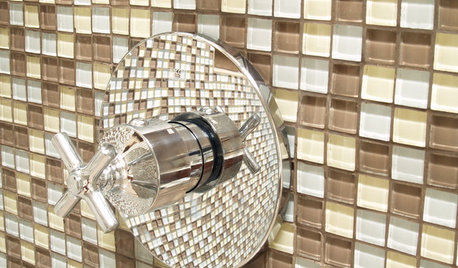
BATHROOM DESIGNConvert Your Tub Space to a Shower — the Fixtures-Shopping Phase
Step 2 in swapping your tub for a sleek new shower: Determine your mechanical needs and buy quality fixtures
Full Story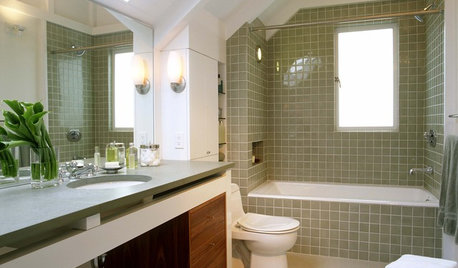
BATHROOM DESIGN12 Things to Consider for Your Bathroom Remodel
Maybe a tub doesn’t float your boat, but having no threshold is a no-brainer. These points to ponder will help you plan
Full Story
THE HARDWORKING HOMECES 2015: Inching Toward a Smarter Home
Companies are betting big on connected devices in 2015. Here’s a look at what’s to come
Full Story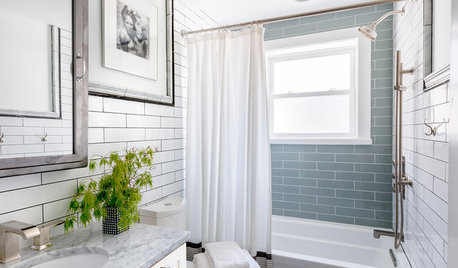
ROOM OF THE DAYRoom of the Day: Traditional and Modern Merge in a Family Bath
Four people, two aesthetics and one skinny space — yet it all worked out beautifully
Full Story
UNIVERSAL DESIGN11 Ways to Age-Proof Your Bathroom
Learn how to create a safe and accessible bathroom without sacrificing style
Full Story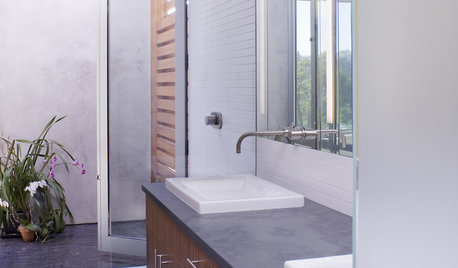
BATHROOM DESIGN10 Amenities to Make Your Bathroom Extraordinary
Go beyond the basics for a luxury bathroom experience, with extra-special options starting at only $25
Full Story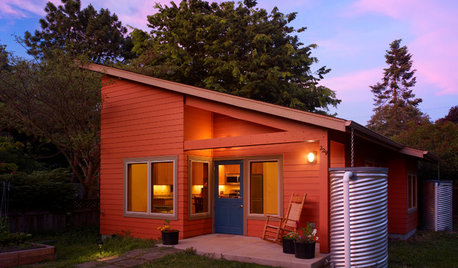
GREEN BUILDINGHow to Harvest Rainwater for Your Garden
Conserve a vital resource and save money by collecting stormwater for irrigation in a barrel or tank
Full Story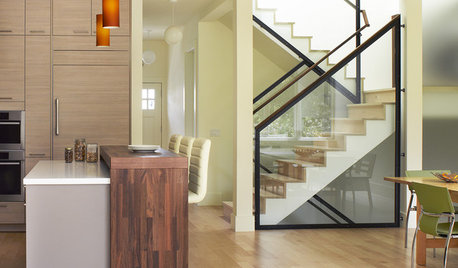
FLOORSIs Radiant Heating or Cooling Right for You?
Questions to ask before you go for one of these temperature systems in your floors or walls (yes, walls)
Full Story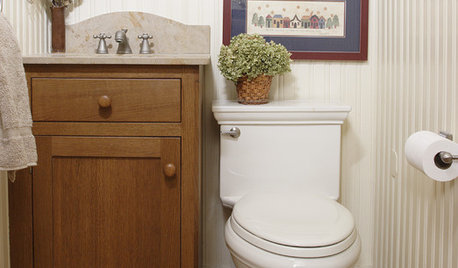
HOUSEKEEPINGWhat's That Sound? 9 Home Noises and How to Fix Them
Bumps and thumps might be driving you crazy, but they also might mean big trouble. We give you the lowdown and which pro to call for help
Full StoryMore Discussions






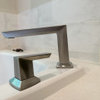
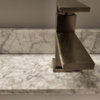
zl700
wa8b
Related Professionals
Boise Plumbers · Springdale Handyman · Feasterville Trevose Kitchen & Bathroom Remodelers · Charlottesville Kitchen & Bathroom Remodelers · Cleveland Kitchen & Bathroom Remodelers · Deerfield Beach Kitchen & Bathroom Remodelers · Folsom Kitchen & Bathroom Remodelers · Gilbert Kitchen & Bathroom Remodelers · Idaho Falls Kitchen & Bathroom Remodelers · Lincoln Kitchen & Bathroom Remodelers · Newberg Kitchen & Bathroom Remodelers · Placerville Kitchen & Bathroom Remodelers · Vashon Kitchen & Bathroom Remodelers · York Kitchen & Bathroom Remodelers · Tanque Verde Kitchen & Bath Fixturesgoofyny13_aol_com
alphonse
j3513